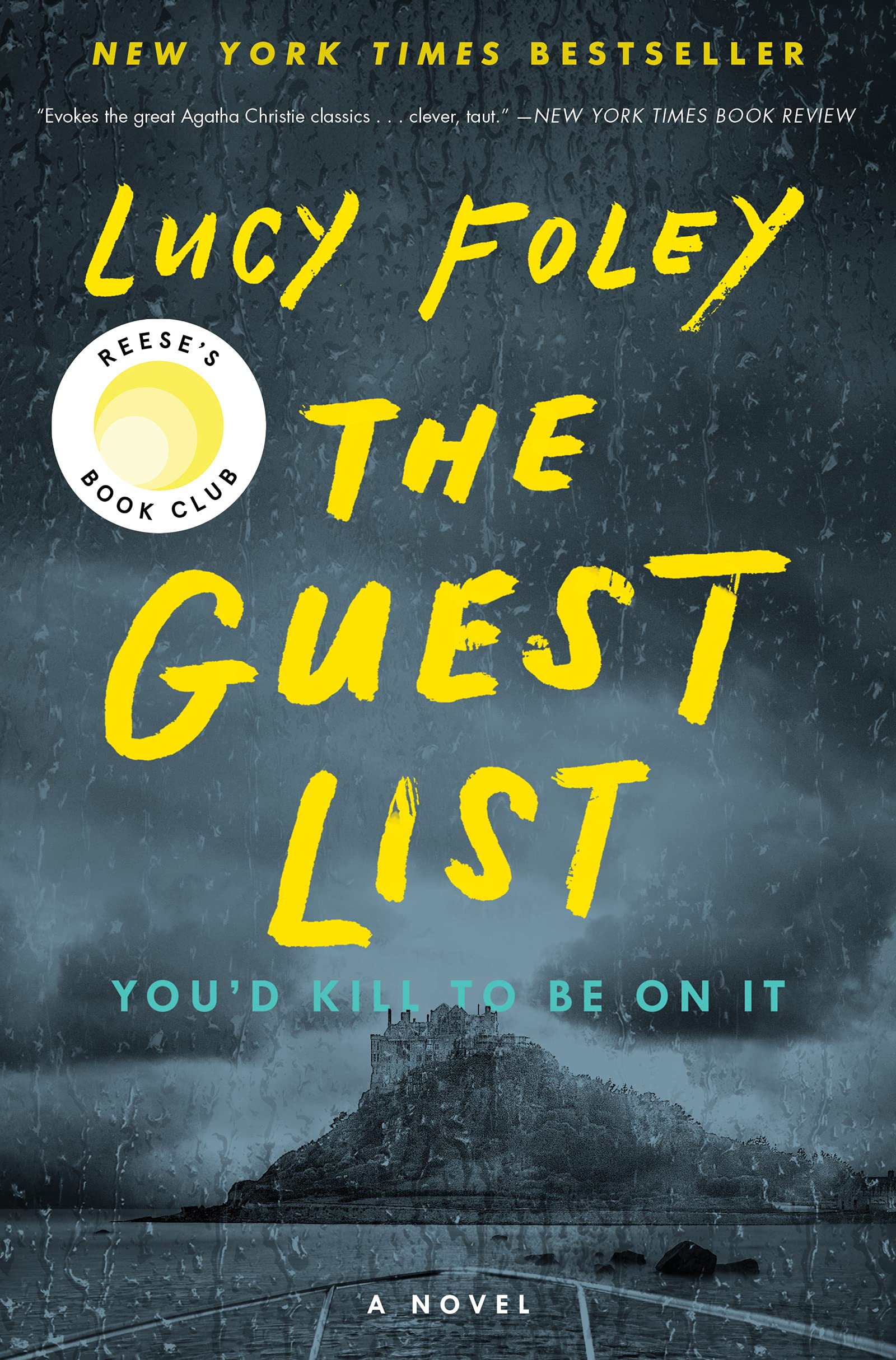The arrival of Hannah, a warm and energetic woman with a northern accent, shifts the conversation toward broader topics, offering Johnno a brief reprieve from the group’s taunts. Her presence injects a refreshing contrast, and when she inquires about his life, the discussion veers toward his distaste for city living and his preference for the wilderness. He speaks of his passion for the outdoors, recounting his role in organizing a stag event filled with rugged adventure—kayaking through rough waters, scaling rocky cliffs—experiences that allowed him to reclaim a sense of purpose. As he speaks, Johnno feels a flicker of pride, momentarily forgetting the lingering frustrations of the night. Yet, the past has a way of creeping back in, and the conversation soon turns toward their shared history, particularly a tradition from their school days known as “Survival.” The ritual, once a test of endurance, left boys stranded in the vast school grounds overnight, forcing them to navigate the dark until morning. While some recount the experience with exaggerated bravado, Johnno’s own memories are more complex—he recalls fear giving way to a kind of reckless invincibility, a transformation that still lingers in the way he sees the world.
As the evening wears on, the group shifts focus to Johnno’s attempt—and failure—to secure a spot on a television show, a moment of vulnerability that he tries to mask with humor. The sting of that rejection remains, a reminder that while others have carved out successful paths, he is still grasping for his own. To distract from his embarrassment, he introduces a bottle of whisky he has brought, a venture he has pursued in an effort to establish something meaningful beyond his outdoor escapades. The whisky becomes more than just a drink; it symbolizes his attempt to redefine himself, to prove that he is more than just an adventurer without direction. The group indulges, their appreciation of the spirit momentarily bridging old tensions, offering Johnno a fleeting sense of validation. The warmth of shared admiration, however, does little to erase the underlying fractures within the group, the remnants of competition and comparison still evident beneath the surface.
As the evening progresses, camaraderie shifts into something more reckless, as someone suggests a drinking game, an idea met with hesitation from Jules but quickly embraced by the others. The transition from casual conversation to an act of shared indulgence mirrors their school days, where moments of connection often carried an edge of risk. Whether fueled by nostalgia or a need to escape the realities of adulthood, they slip back into their old roles, clinging to the recklessness that once defined them. Beneath the laughter and playful jabs lies a deeper truth—each of them is grappling with the weight of expectation, the lingering pressure of who they were meant to become. The chapter masterfully explores themes of masculinity, friendship, and the haunting influence of past experiences, painting a portrait of men who, despite the years that have passed, are still tethered to the ghosts of their youth.


